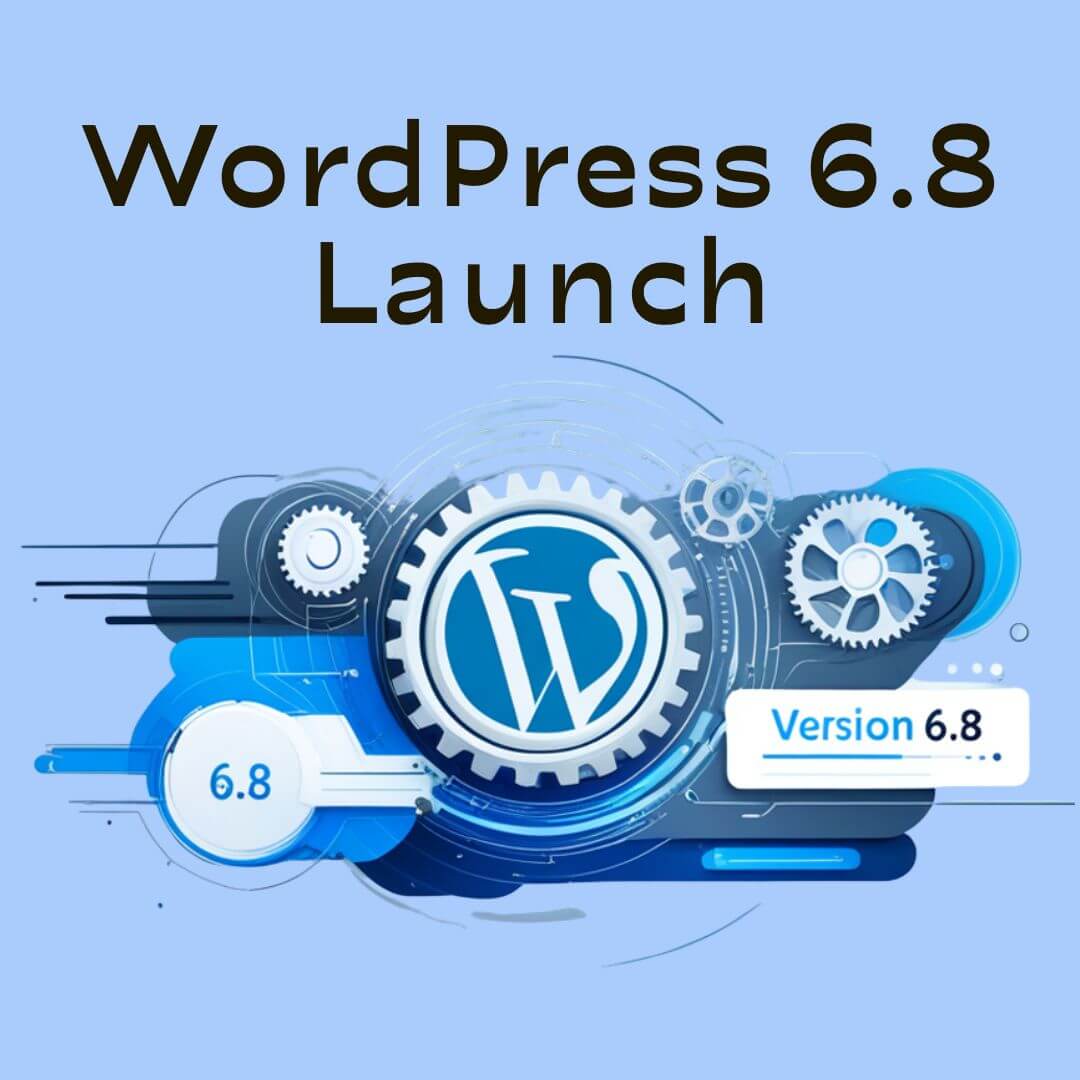Choosing the Right E-commerce Platform: Magento, WordPress, or Shopify?
Let’s explore their key features and help you determine which one best suits your needs
When starting an online store, one of the most critical decisions is selecting the right ecommerce platform. Magento (Adobe Commerce), WordPress, and Shopify are among the top contenders; each with its own unique strengths and weaknesses.
Magento (Adobe Commerce) :
Magento is highly customisable and a scalable platform which makes it ideal for large businesses and complex online stores. It offers advanced features such as:
- Customisation: Tailor your store to your exact specifications.
- Scalability: Handle high traffic volumes and large product catalogs.
- Advanced marketing tools: Implement advanced marketing campaigns.
- Enterprise-level: Access to features that go beyond basic needs, B2B functionality, loyalty programs, and more.
Who it’s best for: Businesses with complex requirements, large product catalogs, or high-traffic expectations
WordPress:
WordPress is a popular content management system (CMS) that can be used for various purposes, including e-commerce. When combined with plugins such as WooCommerce, it offers a flexible and cost-effective solution.
- Ease of use: User-friendly interface for beginners.
- Flexibility: Customise your store with themes and plugins.
- Cost-effective: Free platform with numerous free and paid options to enhance your site.
- Community support: Large community of developers and users.
Who it’s best for: Small to medium-sized businesses looking for a flexible and affordable option

Shopify:
Shopify is a cloud-based platform that provides a complete ecommerce solution out of the box. It’s known for its simplicity and ease of use.
- User-friendly interface: Designed with the non technical user in mind
- All-in-one solution: Includes payment processing, shipping, and marketing tools.
- Scalability: Can handle a growing business.
- App store: Access thousands of apps to extend functionality.
- Be aware: Shopify take a % of every sale!
Who it’s best for: Businesses seeking a simple, hassle-free solution with built-in features.

So with all that out on the table, lets go over the key factors to consider…
Budget: Evaluate the costs associated with each platform, including hosting, themes, and plugins.
Technical expertise: Assess your team’s technical skills and whether you need extensive customisation.
Scalability: Consider your future growth plans and whether the platform can handle your anticipated expansion.
Features: Identify the specific features and functionalities you require for your online store
WORK with ECS – a specialist ecommerce and integration agency to help you scope and select the best solution for your business’s digital needs.




